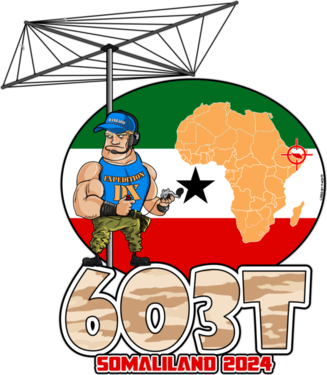Somaliland, a self-declared independent state located in the Horn of Africa, has made significant strides in establishing stability and governance since declaring independence from Somalia in 1991. Although not internationally recognized as a sovereign nation, Somaliland has managed to maintain relative peace and security within its borders.
One of the notable achievements of Somaliland is its successful democratic system. The country has held several peaceful and transparent elections, including presidential, parliamentary, and local elections. This commitment to democracy has allowed Somaliland to establish a functioning government and institutions, providing essential services to its citizens.
Economically, Somaliland has experienced modest growth, with sectors such as livestock, agriculture, and telecommunications driving its economy. The region’s strategic location along the Gulf of Aden has also attracted investments in port infrastructure and trade, contributing to its economic development.
However, Somaliland still faces several challenges. The lack of international recognition limits its access to foreign aid, trade agreements, and diplomatic relations. This hinders the country’s ability to address issues such as poverty, unemployment, and infrastructure development.
Another pressing concern is the ongoing dispute with Somalia over the status of Somaliland. Despite efforts to engage in dialogue, the two entities have yet to reach a resolution. This unresolved issue hampers Somaliland’s aspirations for full recognition and hinders its ability to fully participate in international forums.
In conclusion, Somaliland has made significant progress in establishing stability, democratic governance, and economic growth. However, the lack of international recognition and the unresolved dispute with Somalia continue to pose challenges to its development. Despite these obstacles, Somaliland remains resilient and continues to strive for recognition and a brighter future for its citizens.

